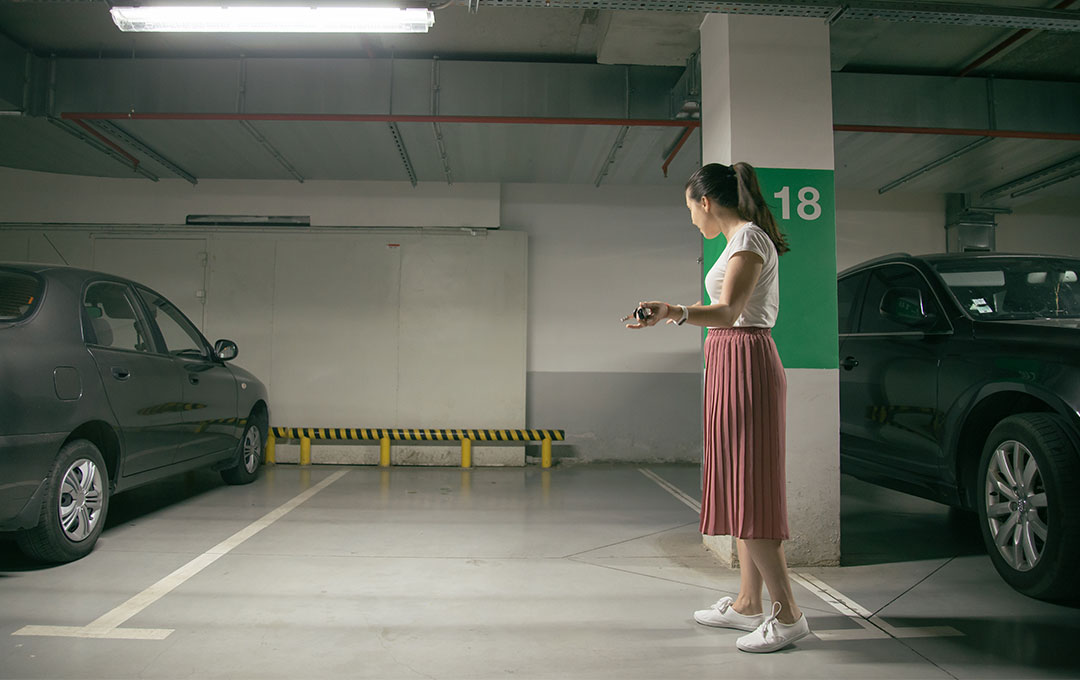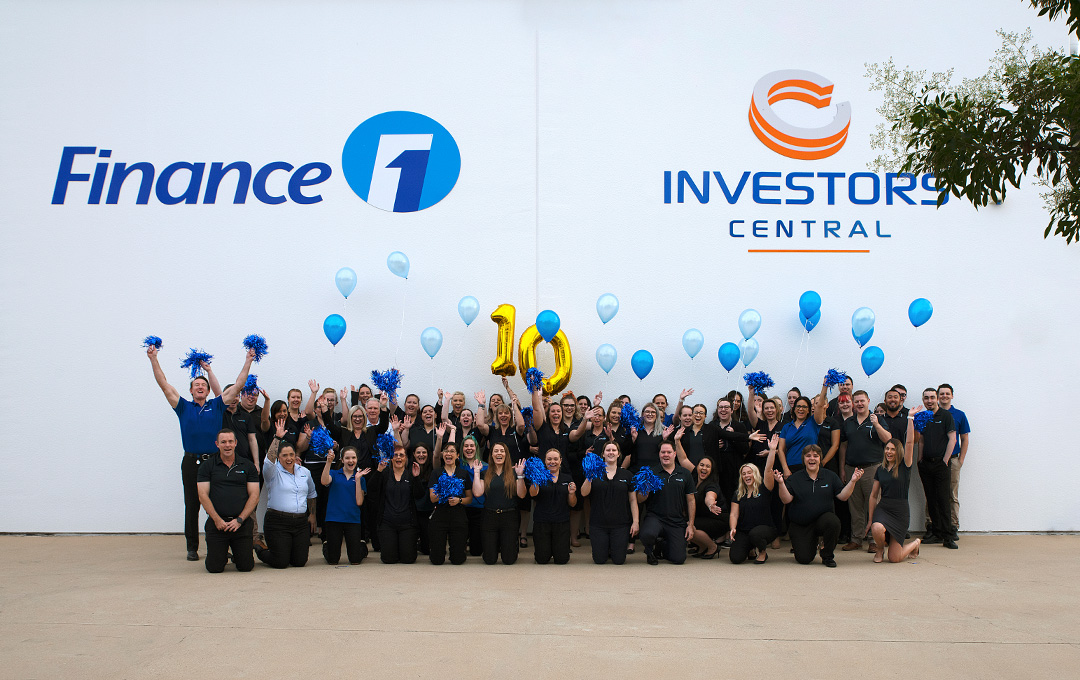Your dream car has just been stolen – now what? We consider what to do if you find yourself in that situation, how to protect your car, and handy details regarding how to find your car’s vehicle identification number (VIN).
It’s one of those things you think will never happen to you. But the hard facts of it are that in the 2019/20 financial year, 56,312 cars were stolen in Australia. That’s more than 150 vehicles stolen every day. Vehicle theft can leave you feeling violated and confused. Still, the faster you act, the better the chances are of recovering your car. So, if you find yourself in this position, take a deep breath and follow these steps for what to do if your car is stolen.
What do I do if my car is stolen?
Call the police. The very first thing you need to do as soon as you notice your vehicle is missing is call the police. To get the process rolling, you need to file a stolen car report. Usually, the police will come out to the site your vehicle was taken from, and they’ll ask you questions about your car and what happened. You’ll need to provide your car’s details, including the registration number and the vehicle identification number (VIN). While waiting for the police to arrive, it can be helpful to ask any nearby shops or bystanders if they happened to see anything, or if they have surveillance cameras or dashcams that might’ve captured the theft.
Notify your insurance provider. Once a police report has been filed, you can start the claims process with your insurance company. There may be a waiting period applied to your policy to give the police time to find your car. During this waiting period — depending on your insurance cover — you may have access to a temporary replacement vehicle so you can still get around while you wait to hear about your car.
Contact your car loan provider. If the purchase of your vehicle was financed with a car loan, and you still owe money on the loan, you’ll need to let the lender know that it’s been stolen as soon as possible. The insurance company should pay any proceeds straight to the lender, so it helps with the process if these two parties are communicating directly with each other.
Alert your bank. If your wallet happened to be in your car, then you’ll need to cancel any credit and debit cards as soon as possible to prevent the thief from stealing your cash too.
Where do I find my VIN number?
A VIN is a unique code that helps to identify your car. It is usually located either under the bonnet of your vehicle, along the door closure area of the driver’s-side door, or down the bottom of the passenger side of the windscreen. If you can’t physically check your car for the VIN, you can do a VIN check online for a fee.
It’s a good idea to keep your vehicle registration details, licence plate number and VIN somewhere handy like in your phone, in case you ever find yourself having to pass this info onto the police.
Replacing a stolen car
If your vehicle is unable to be recovered or it’s found totalled, you may be eligible for an insurance payout. If you purchased your car with finance, the insurance provider should pay out any claim proceeds directly to your lender.
When you’ve found a replacement vehicle to buy, unfortunately, you’ll need to go through the loan application process all over again. This is because your financial situation needs to be reassessed, and the loan amount will be dependent on the price of the replacement vehicle. Give your lender a call, and they should be able to work closely with you to finance the new vehicle as efficiently and stress-free as possible. Finance One offers a compassionate and personal approach to lending and considers your unique circumstances.
Quick tips to prevent your car from being stolen
While many thieves do not discriminate when choosing a ride to steal, there are certain cars that are more at risk. If you’re searching for a low-risk car, or are worried about the vehicle you currently have, you can have a look at the risk rating.
Tips to keep your car safe:
- Do not leave valuables in sight.
- Never leave your vehicle running — even while you’re close by.
- Ensure your vehicle is always locked.
- Keep your keys in a safe place while not in use.
- Choose secure parking locations, whenever possible.
Disclaimer: All loan applications with Finance One are subject to approval and normal lending criteria, terms, conditions, fees and charges apply. The information above is of a general nature only and does not consider your personal objectives, financial situation or particular needs. You should consider seeking independent legal, financial, taxation or other advice to check how the information relates to your particular circumstances. We do not accept responsibility for any loss arising from the use of, or reliance on, the information.



